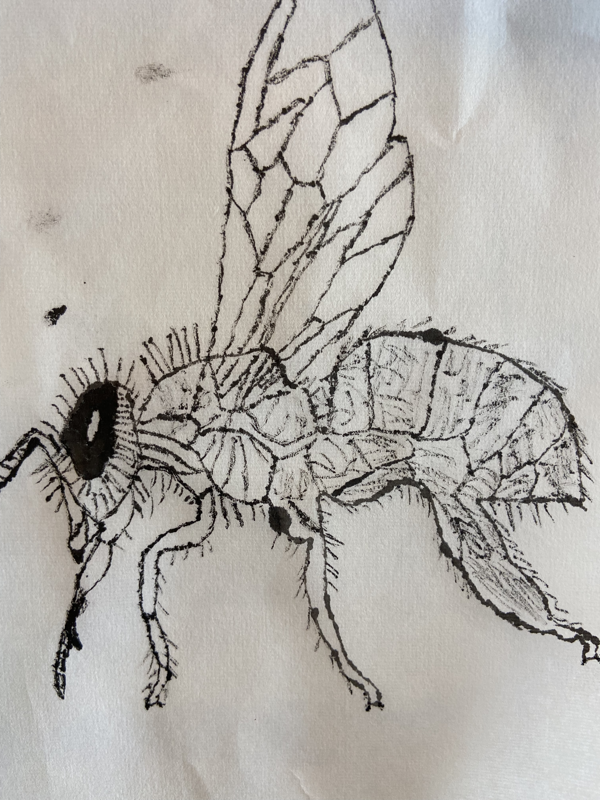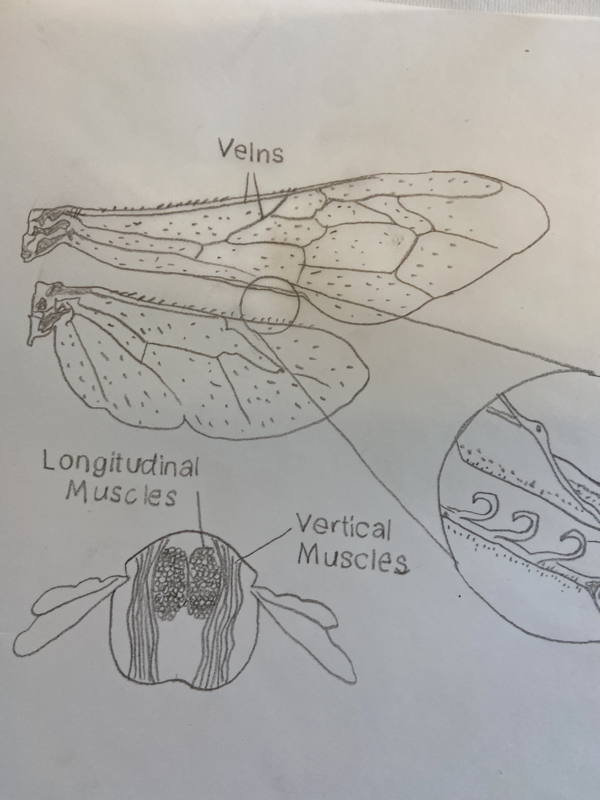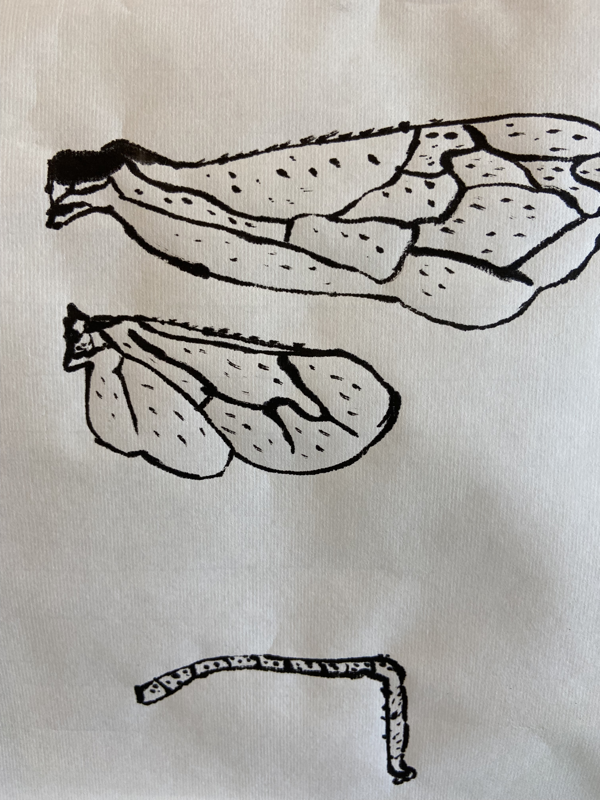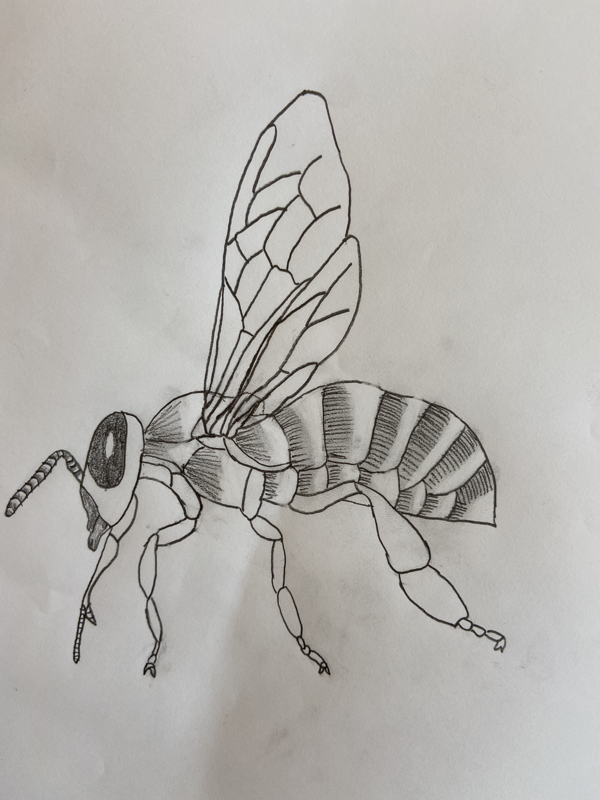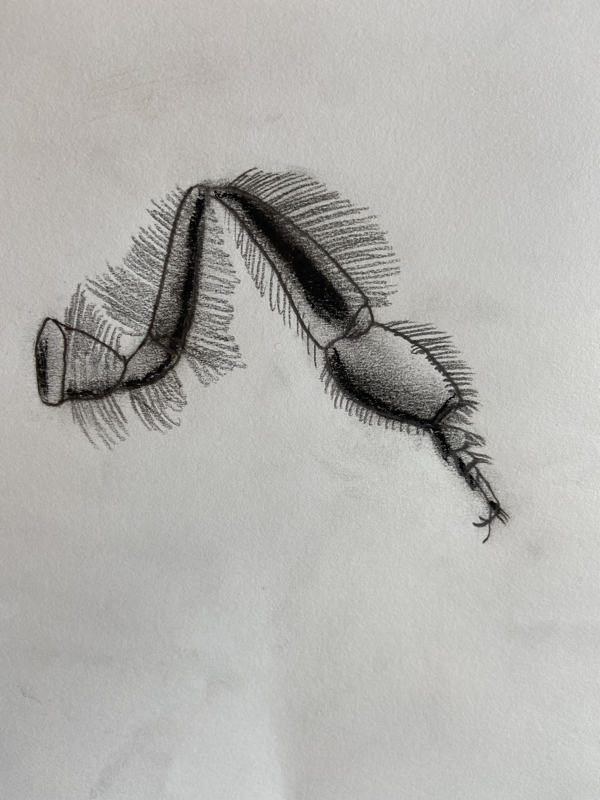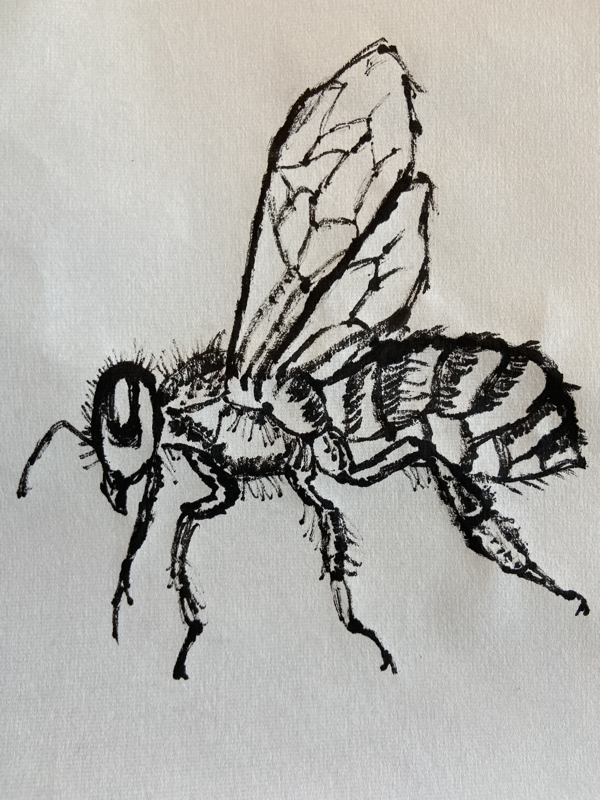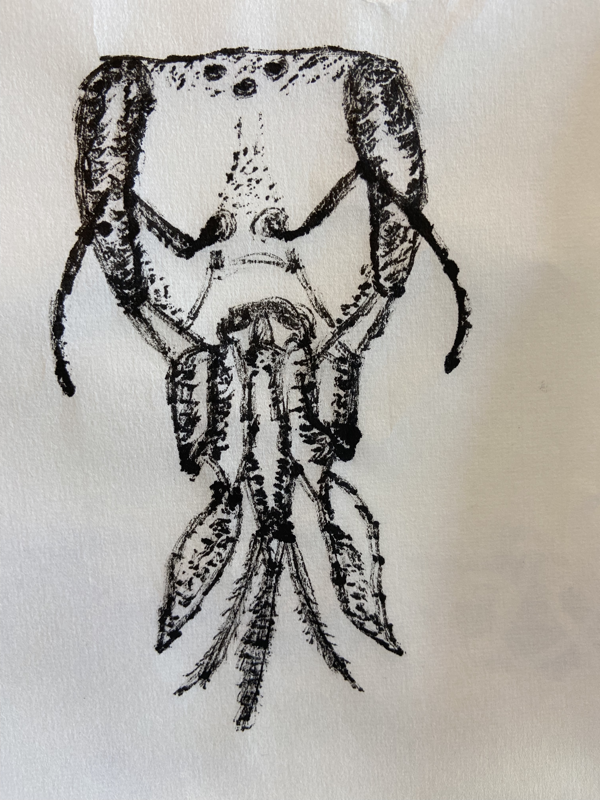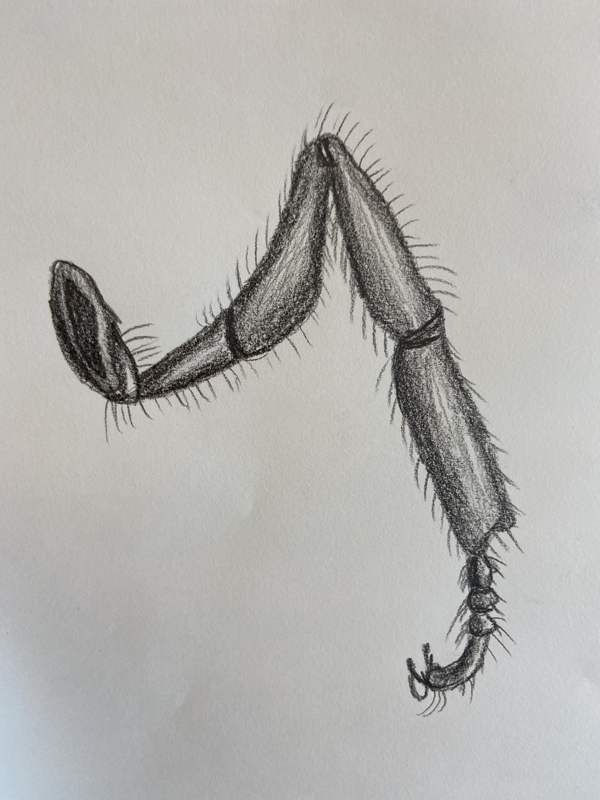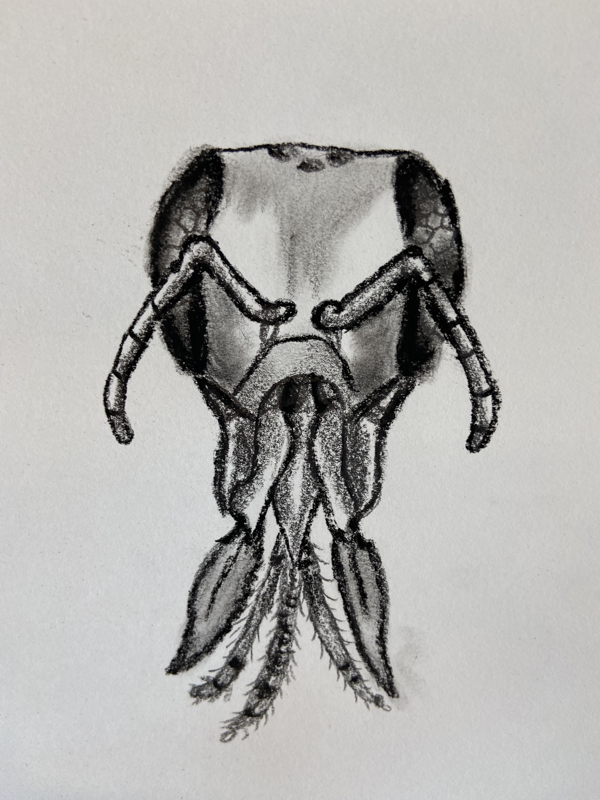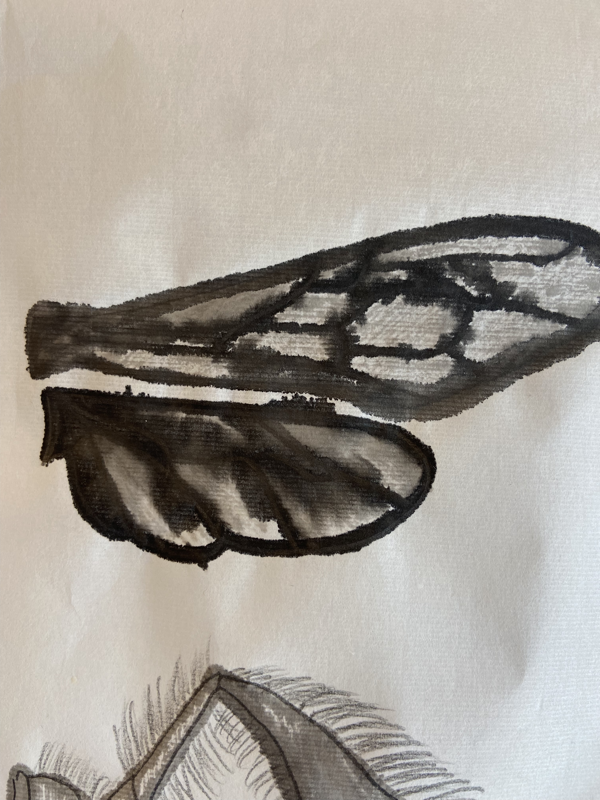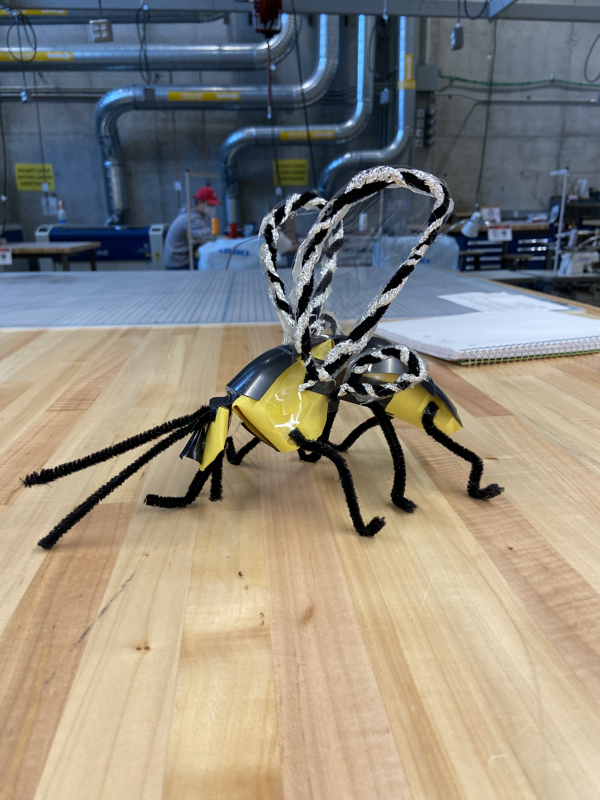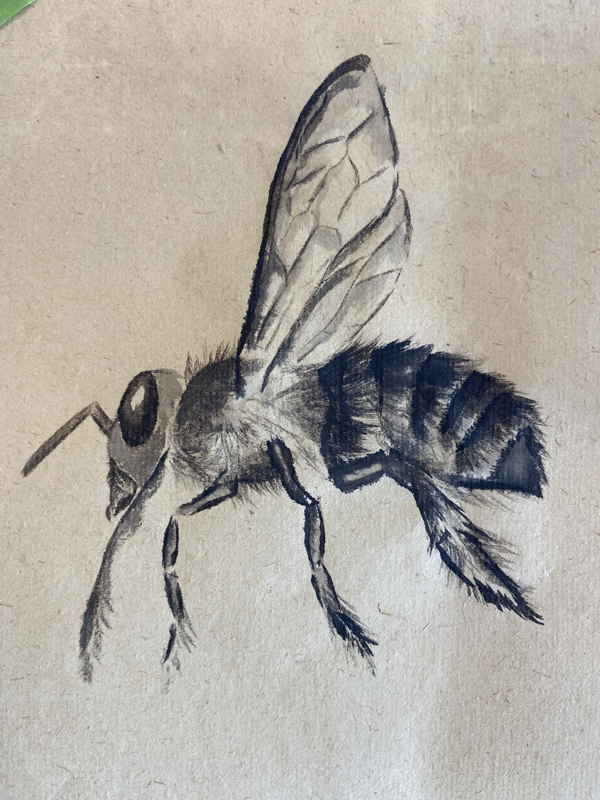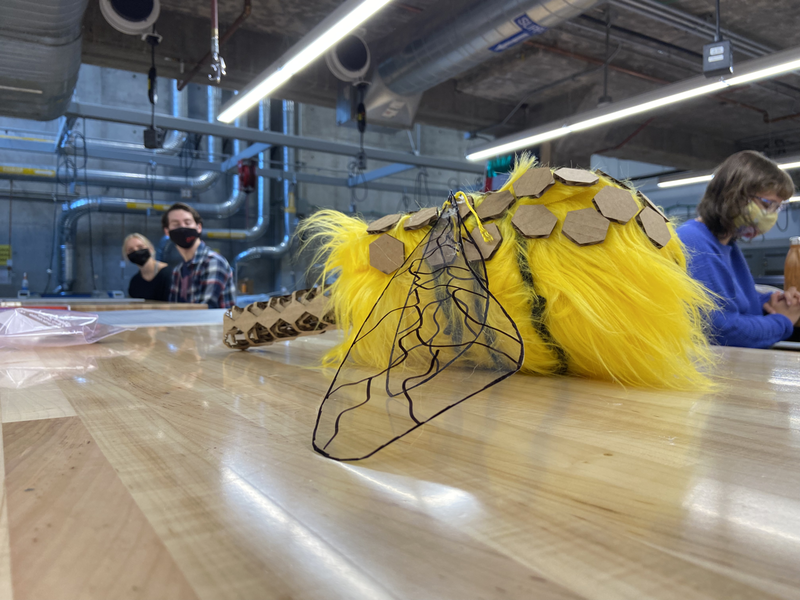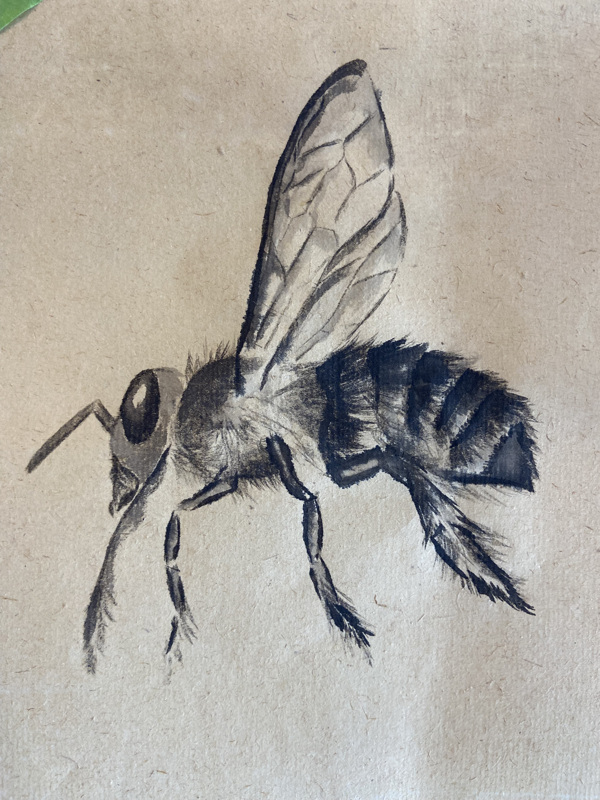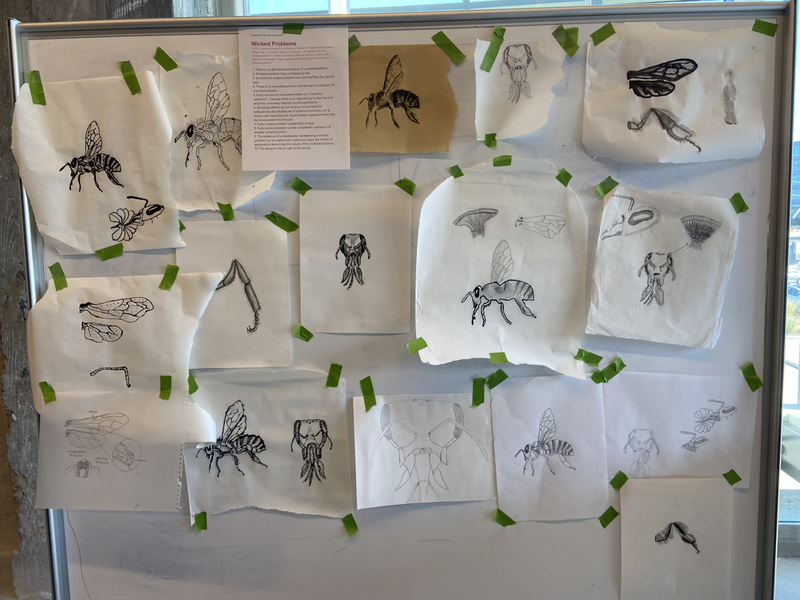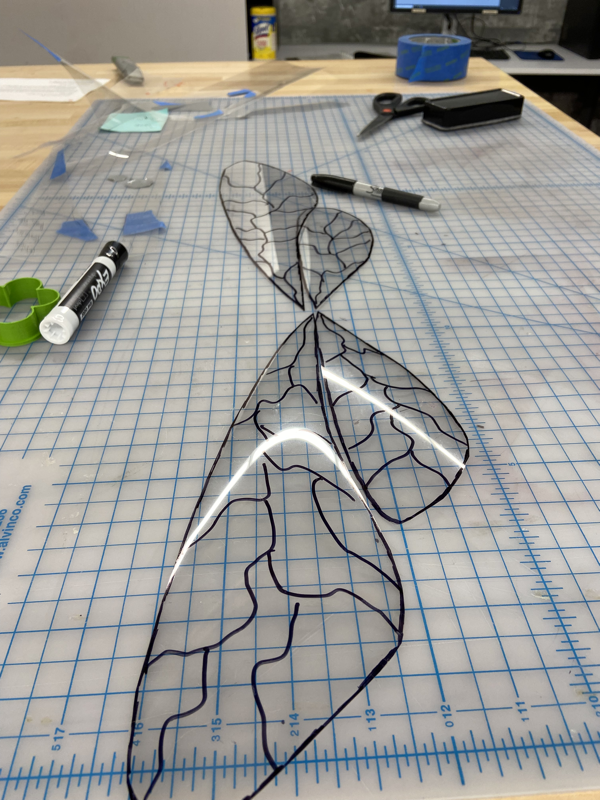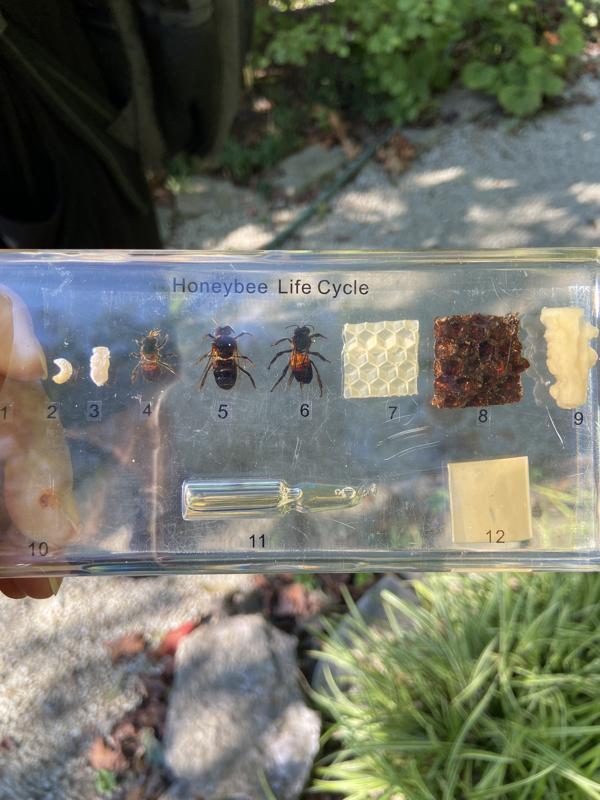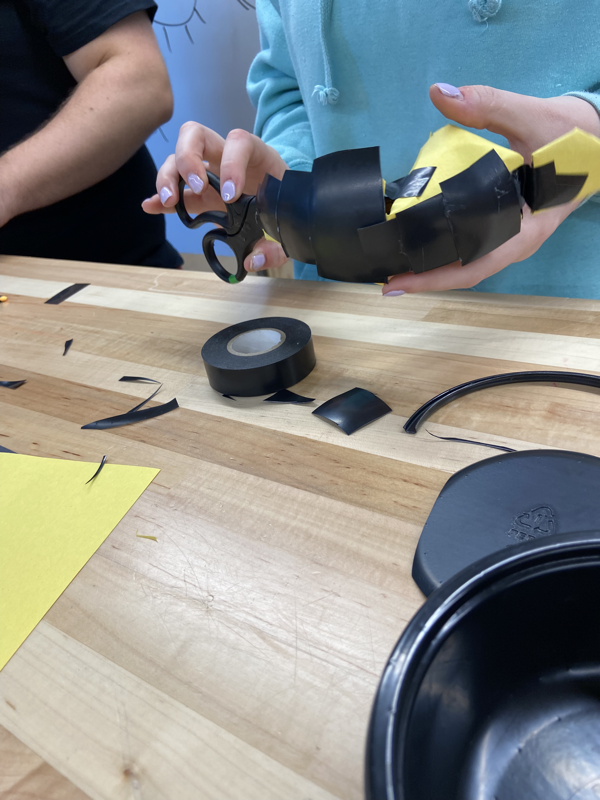|
Written by Jessica Tatum
As we have discussed in class, one of the problems making up the wicked problem of Colony Collapse Disorder and the decline of honeybee populations worldwide is a lack of urgency and awareness about the problem. Even if small groups continue to lobby for solutions to the problems facing bees, the vast majority of people either don’t realize what is happening or don’t care. In order to combat this, several documentary films have been made over the years, including some that we have viewed as a part of this class; Queen of the Sun and More Than Honey. In addition to these films, however, are more mainstream cultural references found in popular T.V. shows and movies. Take, for example, this abbreviation of the dialogue between characters in M. Night Shamalan's The Happening: - You're not interested in what happened to the bees? [Jake shakes his head] Elliot Moore: You should be more interested in science, Jake... Come on, buddy. Take an interest in science. What could be the reason bees have vanished? Jake: [after a long pause] An act of nature, and we'll never fully understand it. Elliot Moore: Nice answer, Jake. He's right. Science will come up with some reason to put in the books, but in the end it'll be just a theory. I mean, we will fail to acknowledge that there are forces at work beyond our understanding. To be a scientist, you must have a respectful awe for the laws of nature. A Similar Situation appears in an Episode of the BBC TV series Doctor Who, in which the "Bees disappearing" is actually an important plot point. While both of these references are clearly not a source of factual information regarding Honeybee population decline, they serve as both an indicator of slowly growing cultural awareness of the problem and as a way to introduce people to the problem offhandedly. Somewhere between the documentaries and the casual references lie the small niche of children's entertainment - as exemplified in Bee Movie (see clip below). While not being very scientifically accurate about the bees themselves, the anthropomorphic characters are an appealing way to communicate the importance of bees to the next generation of innovators.
0 Comments
Leave a Reply. |
ened | arte 3040class blog Archives
November 2016
Categories |
 RSS Feed
RSS Feed
